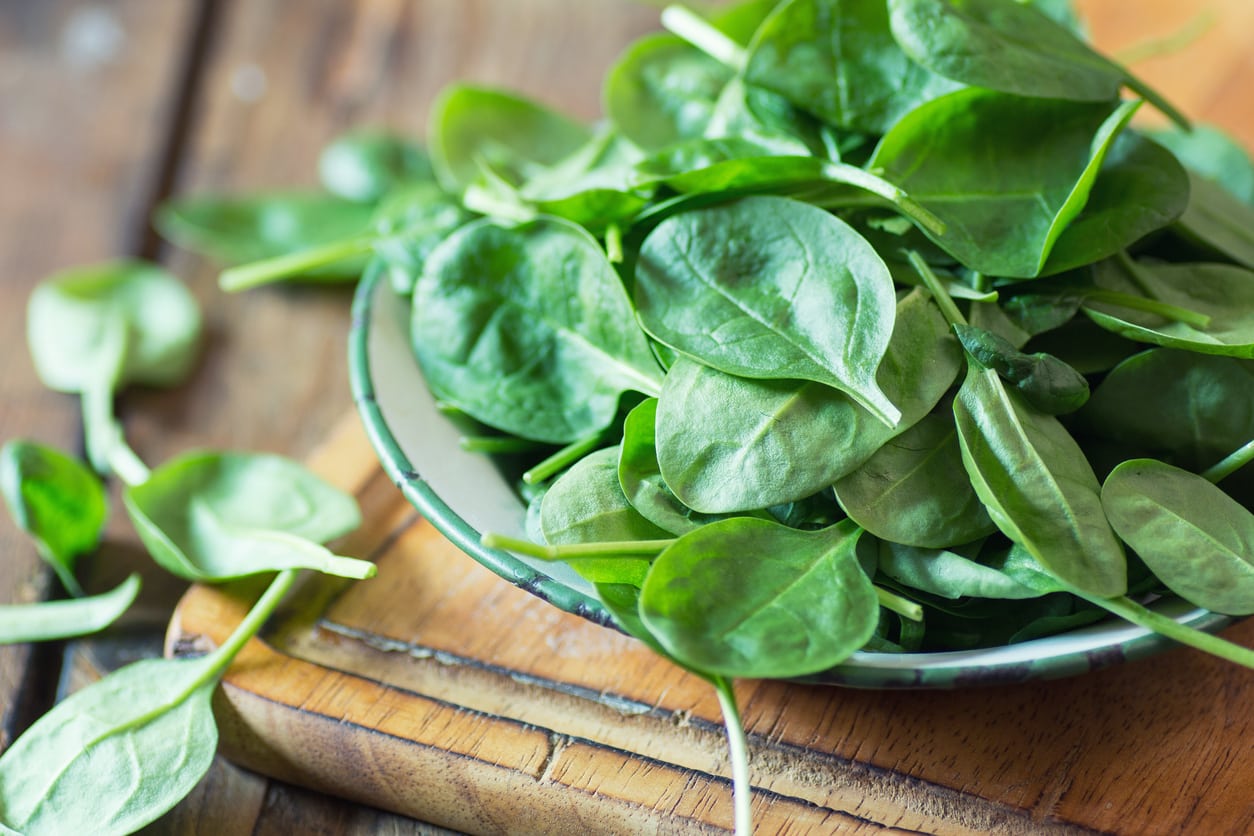Vegetables High In Folic Acid: Tips On Growing Folic Acid Rich Veggies


Folic acid, also known as vitamin b9, is essential for heart and bone health at every stage of life. It is vital for creation of new blood cells and may enhance brain health and prevent age-related hearing loss. Folic acid may even help protect against heart disease and certain types of cancer. If you’re pregnant, folic acid is critical for prenatal wellness and prevention of birth defects. Folic acid helps prevent defects of the spine, including spina bifida, and may reduce the risk of cleft palate. Although more research is needed, studies suggest that a deficit in folic acid may be associated with autism. If you are pregnant, ask your doctor to prescribe a prenatal vitamin, as diet alone may not provide sufficient levels of folic acid. Otherwise, eating plenty of folic acid-rich veggies is the best way to ensure you’re taking in enough of this valuable nutrient.
Vegetables with Folic Acid
Growing vegetables high in folic acid is a great place to start. Dark leafy greens, including spinach, collards, turnip greens, and mustard greens are easy to grow and they’re excellent folic acid-rich veggies. Plant dark leafy greens in early spring as soon as danger of frost has passed and the ground is warm. Don’t wait too long because dark leafy greens tend to bolt as soon as it gets hot. However, you can plant another crop in late summer. Cruciferous vegetables (like broccoli, Brussels sprouts, cabbage, and cauliflower) are delicious veggies for folic acid. Cruciferous vegetables are cool climate crops that do best in areas with mild summers. Plant seeds directly in the garden in early spring, or get going early and start them indoors. Locate cruciferous vegetables in a shady spot if afternoons are hot. Beans of all sorts can be planted outdoors any time after the last frost, but germination is slow if the ground is too cold. You’ll have better luck if the soil has warmed to at least 50 degrees F. (10 C.), but preferably 60 to 80 degrees F. (15- 25 C.). Fresh beans keep about a week in the refrigerator, but dry beans keep for months, or even years.
Sign up for the Gardening Know How newsletter today and receive a free copy of our e-book "How to Grow Delicious Tomatoes".

A Credentialed Garden Writer, Mary H. Dyer was with Gardening Know How in the very beginning, publishing articles as early as 2007.